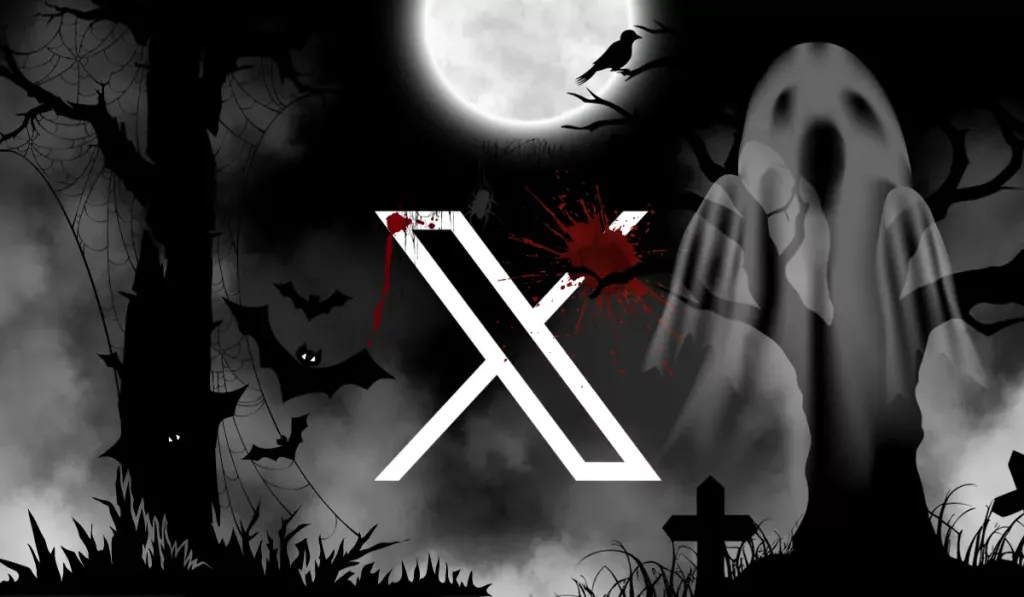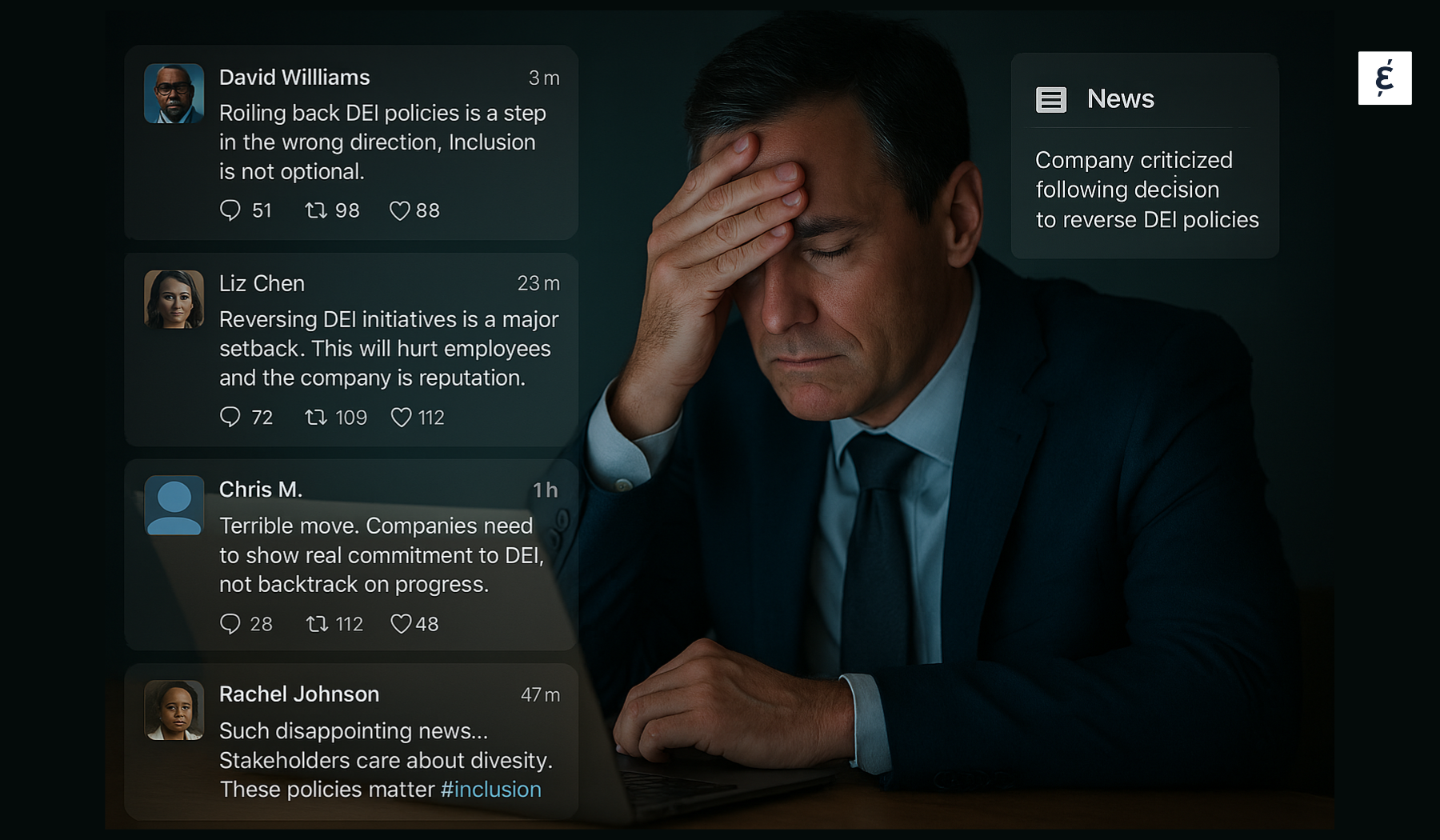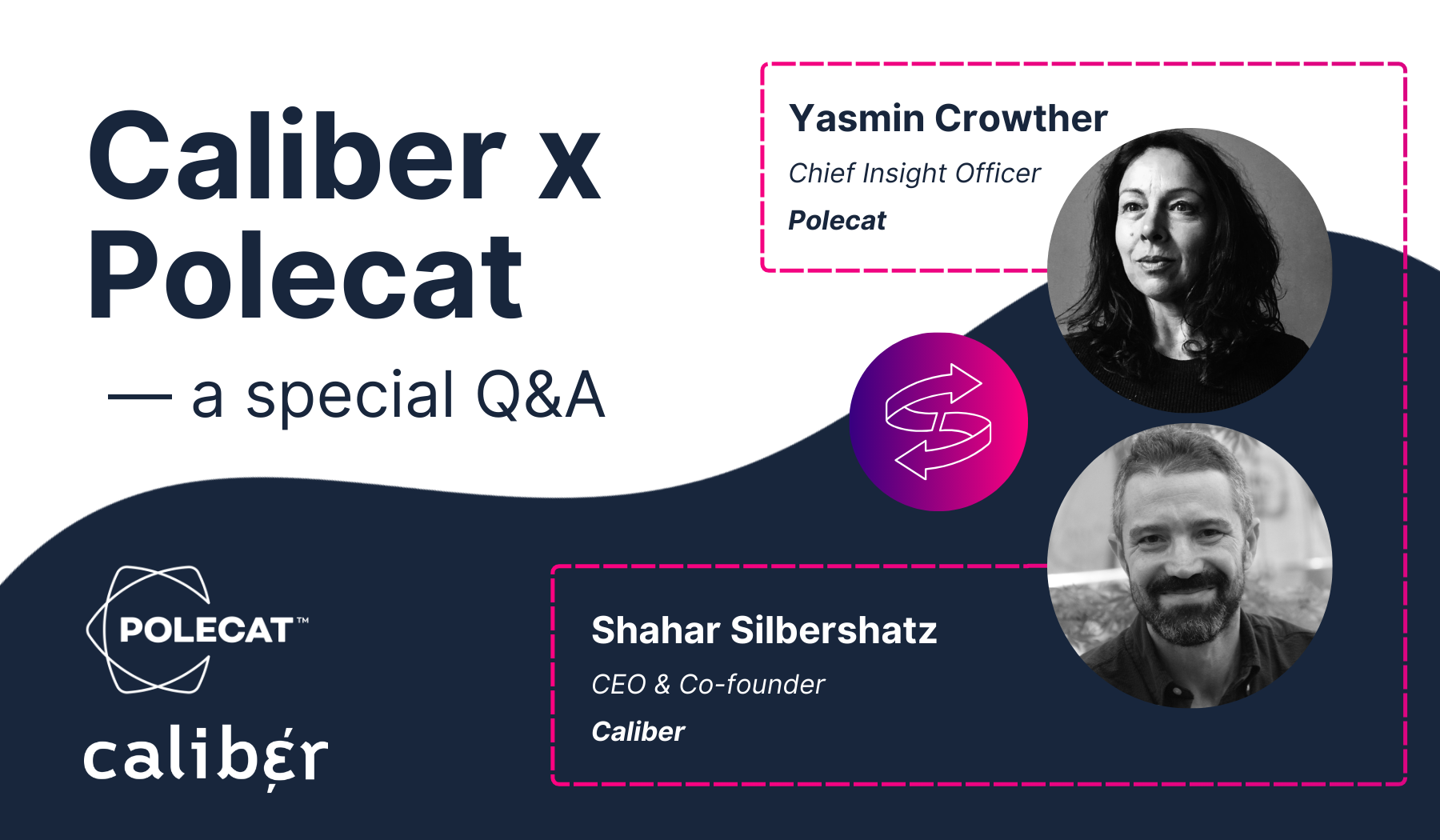

Twelve months after Elon Musk’s takeover of Twitter – the microblogging social platform he later renamed X – we assess what US stakeholders make of its reputation.
Call it Twitter, call it X, but the numbers don’t lie.
In the year since Elon Musk bought Twitter, the platform’s web traffic has fallen hard.
Twitter.com has seen a 14% drop in global web traffic and a 19% drop in US web traffic. And its domain for advertisers has seen a 16.5% fall in global web traffic.
To be fair, the year-on-year fall in web traffic isn’t unique to X.
With the sole exception of TikTok, other social networks have also suffered declines.
But as Quartz concluded, the return on Musk’s investment is “spiraling downward”.
Which is also what appears to be happening to X’s brand and reputation.
You see, we’ve been tracking what people in the US think of X for the past two months.
To do so, we looked at the last 60 days of responses to our standard battery of questions that are designed to reveal and measure stakeholder perceptions.
To assess X’s brand and reputation, we started by screening out stakeholders who’d never heard of the company.
This process gives us two scores – one for general awareness, another for qualified familiarity – and it can, in itself, be telling.
Right now, less than one in four people (24%) are aware of the company in its current name (X Corp.) and even fewer (19%) have “qualified knowledge” of it (i.e., more than just knowing its name).
Yes, it’s been only three months since Musk changed Twitter’s name to X.
But given the huge social, cultural and political prominence of Twitter in the first place, the public profile of Musk himself, and the series of controversies he and his renamed platform have generated, you might expect this scores to be a little higher.
For comparison, we’re still tracking Twitter – and 78% of people in the US are aware of it while 64% are familiar with it.
What should also worry Musk is that those numbers aren’t really moving. In the past month, X’s Awareness score has gone up one percentage point and Familiarity two.
There’s also something of a gender divide in these numbers.
In the US, just 19% of women are aware of X and 14% are familiar with it.
By contrast, 32% of men are aware of it and 26% are familiar with it – and those numbers both fell by a percentage point compared to last month.
But here’s the $44 billion question.
What do people actually think of X?
As ever, our assessment of perceptions of the company is based on the responses of those who are aware of the company and have qualified knowledge of it.
Our chief reputational metric here is the Trust & Like Score – an average of responses to the following two sentences:
X Corp. is a company I like. X Corp. is a company I trust.
To better understand whether a certain score is positive or negative, we use a normative scale that shows how the particular result compares with Caliber’s database consisting of similar studies:
In the US, X’s Trust & LIke Score is 50 out of 100 – definitively Low.
The graphic above shows the mean scores for stakeholders in the US and the change in scores from the previous month.
It’s a sea of orange – meaning Low scores across the board.
Worst still, fewer than one in three people would support X, consider using its services, recommend it to others, or consider seeking a job there.
Things get even more interesting when we filter the results by sex.
The platform’s user base has long skewed male.
As you’d expect, then, women trust and like X less than men.
The company has a Trust & Like Score of 44 among women and a TLS of 56 among men – though that score has fallen 7 points since last month.
X also scores lower with women on all its brand and reputation attributes, which are also graded on the normative scale.
For instance, among American women, X scores just 37 for Relevance (“I can relate to what X stands for” and 39 for Integrity (“X behaves responsibly”).
With the sole exception of Differentiation (“I consider X as standing apart from the competition in a positive way”), these scores have all fallen since last month.
Here’s what should really be troubling Elon Musk, though.
X’s brand and reputation scores may be higher among US men – but they’re in freefall.
Take a look at the graphic below.
Differentiation is down seven points since last month, Relevance and Offering eight.
This last attribute – which measures the extent to which people think X “offers compelling products and services” – goes to the very essence of a company like X.
If American men increasingly think X doesn’t have a compelling offer, those web traffic figures will surely only decline further.
And take a look at that Leadership score of 57.
Whether he sees it as a verdict of his own performance – or that of X’s newish CEO Linda Yaccarino – Musk can hardly be impressed by that perception of the extent to which X demonstrates leadership.
Then there’s the question of political affiliation.
For years, you see, Twitter could be said to “lean left”.
A Pew Research Center study three years ago found that “just 10% of users produced 92% of all tweets from U.S. adults … and that 69% of these highly prolific users identify as Democrats or Democratic-leaning independents.”
Since his takeover of Twitter in 2022, Musk has unquestionably changed the social network, welcoming back banned accounts, watering down its content moderation, and thumbing his nose at attempts to restrain hate speech and disinformation.
As the Guardian put it: “Elon Musk’s acquisition of the company has transformed it into the center of the conservative media ecosystem.”
This lurch to the right is reflected in stakeholder perceptions of X today.
Simply put, Democrats have a much less favorable opinion of it than Republicans.
The images below tell the story.
Again, though – these numbers are falling hard on both sides of the political divide.
So, what does this mean for the company formerly known as Twitter – not X but the legacy brand?
The graphic below shows the scores for its brand and reputation attributes in the past month.
Like X, it’s a sea of orange – denoting universally Low scores.
And look at the month-on-month declines.
This is the opposite of the “halo effect”.
The Musk effect, maybe?
Finally, here’s a real-time view of how X’s scores across a selection of brand and reputation attributes have changed over the past two months – along with some of the ways in which Elon Musk or X have made headlines in that period.
Since late August, Awareness of and Familiarity with the company have barely budged.
But the extent to which X is “trusted and liked” by people has declined – along with its Integrity score, which measures the extent to which people think it behaves responsibly.
Indeed, our real-time view appears to show declines in X’s Integrity score and its Trust & Like Score a week after the US Department of Justice alleged that Musk’s takeover of Twitter may have violated a privacy order – and that those scores kept falling as X scrapped a feature letting users report misleading information and the SEC launched its own investigation of the takeover.
However, a couple of attributes track higher than X’s Trust & Like Score – its scores for Authenticity and Inspiration.
Authenticity reflects perceptions of the extent to which X does what it says, and Insipration the extent to which people think the company is interesting.
These comparatively higher scores may reflect some measure of support for what Musk has done with the platform since his takeover – as well as for his colorful persona.
In other words, say what you like about the company formerly known as Twitter – but you can’t deny it’s authentic. Or boring.






© 2024 Group Caliber | All Rights Reserved | VAT: DK39314320